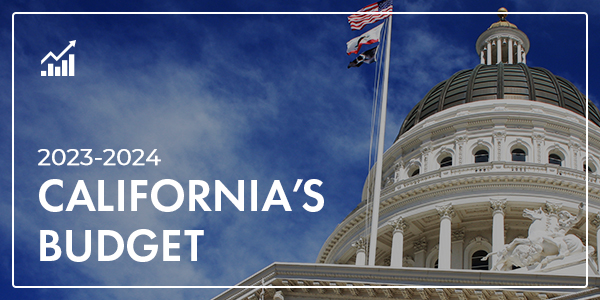Portantino’s Retail Repurposing Affordable Housing Bill Clears Senate Floor
For Immediate Release: June 1, 2021
Contact: Lerna Shirinian, (818) 409-0400
Portantino’s Retail Repurposing Affordable Housing Bill Clears Senate Floor
Sacramento, California – Senate Bill 15, a measure authored Senator Anthony J. Portantino (D – La Canada Flintridge) which gives incentives to cities that convert abandoned retail sites into affordable and workforce housing, passed the Senate floor today with bipartisan support.
“Lack of affordable housing is a major issue for current and potential employers in California counties and negatively impacts our economy,” stated Senator Portantino. “With SB 15, we can construct affordable housing on land formerly used by commercial retailers and give local governments fiscal incentives to reward them for rezoning, approving, completing and allowing occupancy of affordable housing projects.”
According to the California Department of Housing and Community Development (HCD), from 2015-2025, approximately 1.8 million new housing units are needed to meet projected population and household growth, or 180,000 new homes annually. The imbalance between supply and demand has driven California housing costs to be the highest in the nation, with an average median home price now 2.5 times the U.S. median. These high prices have prohibited occupations like teachers, nurses, public safety officers and younger professionals the ability to afford owning a home, essential for building a stronger and vibrant economy.
A concurrent trend has emerged in local economies due to the growth of e-commerce. Since 2017, national retailers have been reducing their demand for future space in retail centers, are closing stores and abandoning retail sites at a record pace greater than during the Great Recession.
SB 15 will enable local cities to receive from HCD the average of the annual amount of sales tax revenue generated by that site for the last seven years if the site has been converted and occupied with new housing. The city would receive that average amount for a total of seven years. For a local government to receive this fiscal incentive, the city must approve a housing development project through its planning process, must be built and have a certificate of occupancy for the city to be eligible, and receive the sales tax rebate. Should the city approve a mixed use development on the site, the city would be eligible for the sales tax rebate only on the amount of square footage dedicated to housing.
“When we see empty big box stores across the state, we see workforce housing-opportunity to find a home for hardworking frontline workers who currently can’t afford to live in the communities they work,” stated Robbie Hunter, President of the State Building and Construction Trade Council of California. “SB 15 is the key to get these workers and their families home.”
The Los Angeles County Business Federation, State Building and Construction Trade Council of California, and the Los Angeles County Division of the League of California Cities are sponsors of the bill. Supporters of the bill include: California Labor Federation, Better Way CA, California Cities for Local Control, California-Nevada Conference of Operating Engineers, Century Glen HOA, Citizens Preserving Voice, City of Hidden Hills, City of El Segundo, City of Claremont, City of Santa Monica, City of Campbell, City of Long Beach, Tri-Valley Cities Coalition, Crescenta Highlands Neighborhood Association, Hollywoodland Homeowners Association, Latino Alliance for Community Engagement, Livable California, Miracle Mile Residential Association, Pacific Palisades Community Council, Riviera Homeowners Association, Save Our Single-Family Neighborhoods, Sherman Oaks Neighborhood Association, South Bay Cities Council of Governments, Orange County Council of Governments, Mission Street Neighbors, Spalding Square Neighborhood Association, and Verdugo Woodlands West Homeowners Association.
###





